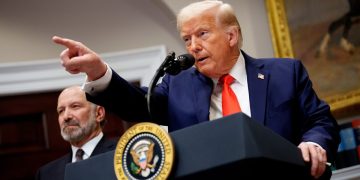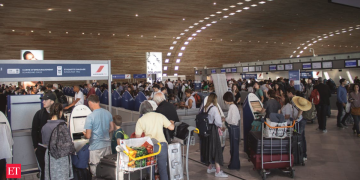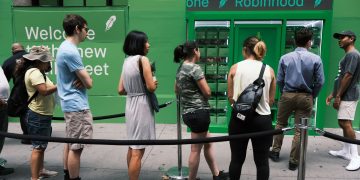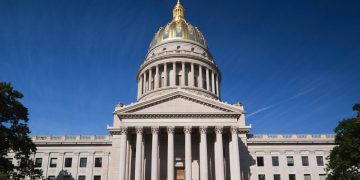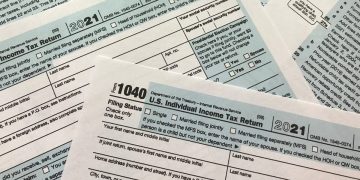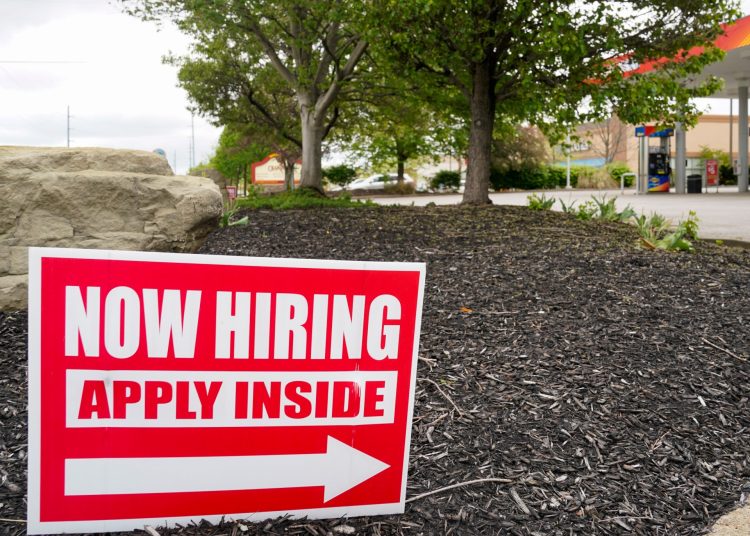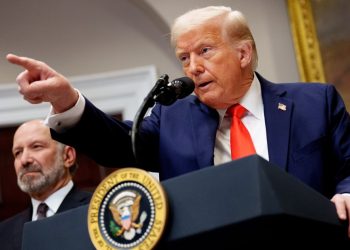New York City, USA – Makalah Monroe works at an Outback Steakhouse in Laurel, Maryland. She is a student and the only one in her household with a car. By any account, Monroe has a full plate of responsibilities that she is working hard to keep up with. She works full-time and yet struggles to get by.
“I often leave an eight-hour shift with only about $60 in hand,” Monroe told Al Jazeera.
With credit card, phone and insurance bills piling up, her current pay is just not cutting it for her. Often, she has to decide which gets paid and what has to wait.
“I usually have to call the car and insurance companies and tell them I either need to pay late or pause payments entirely,” she added.
Monroe is like the millions of Americans whose financial situation hinges on the outcome of the US presidential election. President Joe Biden is set to focus on a number of economic wins during his first term, including record job growth, low unemployment and tumbling gas prices, among other key economic indicators that have made it evident that the US economy is on the upswing.
But the incumbent president, his Republican opponents, third-party candidates and Biden’s longshot Democratic challengers face the harsh realities of underemployment in the United States.
However, with significant economic growth, the question is: Do Americans like Monroe have a better chance for social mobility under the eventual Democratic nominee – most likely Biden – or the most likely Republican…

